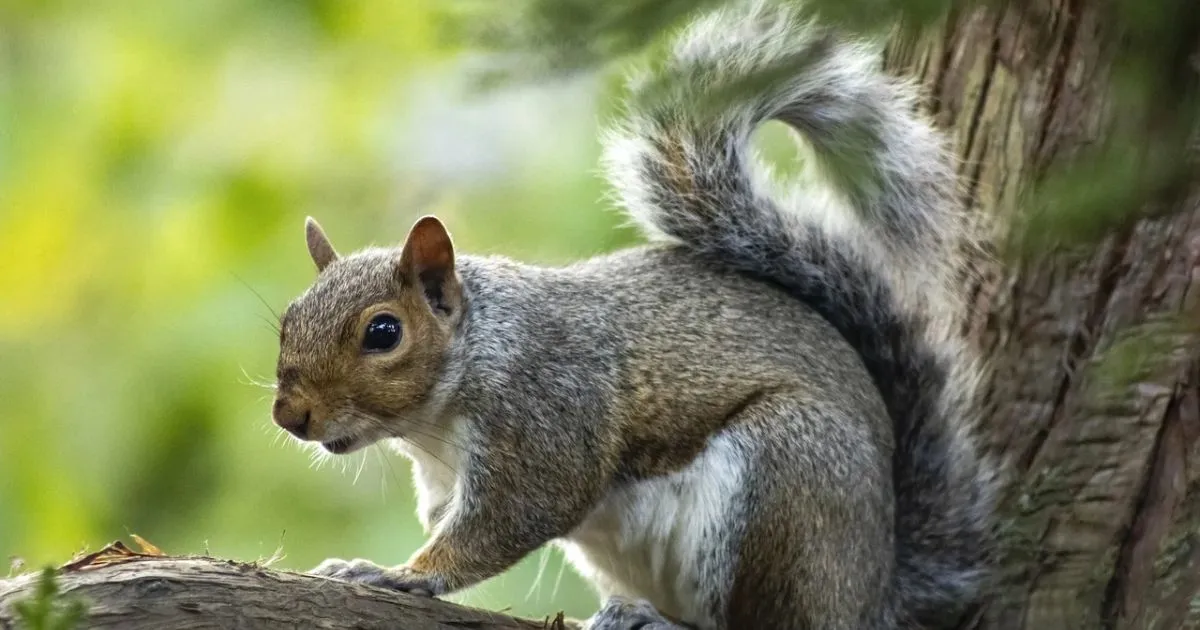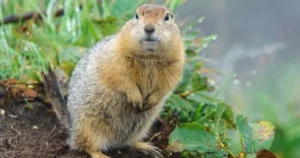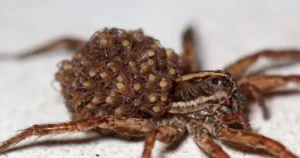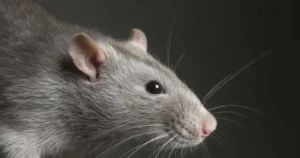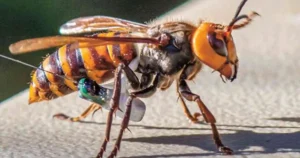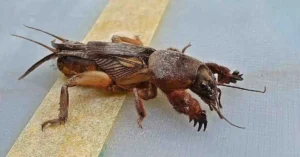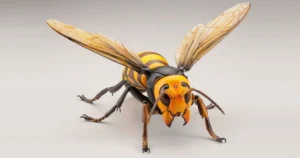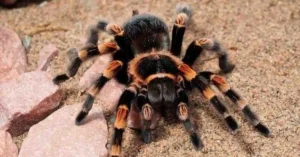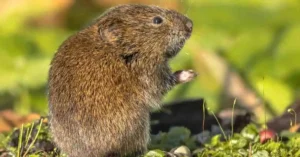Ground squirrels are one of the most problematic pests for homeowners, gardeners, and farmers. These burrowing rodents not only damage landscapes and crops but can also undermine the structural integrity of buildings. Their ability to create complex tunnels and colonies poses a challenge to control. This guide explores the best methods to eliminate ground squirrels and prevent future infestations.
What Are Ground Squirrels?
Ground squirrels, scientifically known as (Spermophilus beecheyi), are small rodents found in various parts of the United States. Unlike tree squirrels, these rodents dwell in underground burrows, forming extensive networks that may house multiple squirrels. Their diet primarily includes seeds, nuts, fruits, and vegetables, making them frequent invaders of gardens and orchards.
Ground squirrels are active during the day and often hibernate in colder regions. They can be spotted sunning themselves near their burrows or scurrying across open spaces. Although small, their burrowing behavior causes significant damage to agricultural lands, gardens, and even infrastructure.
Common Signs of a Ground Squirrel Infestation
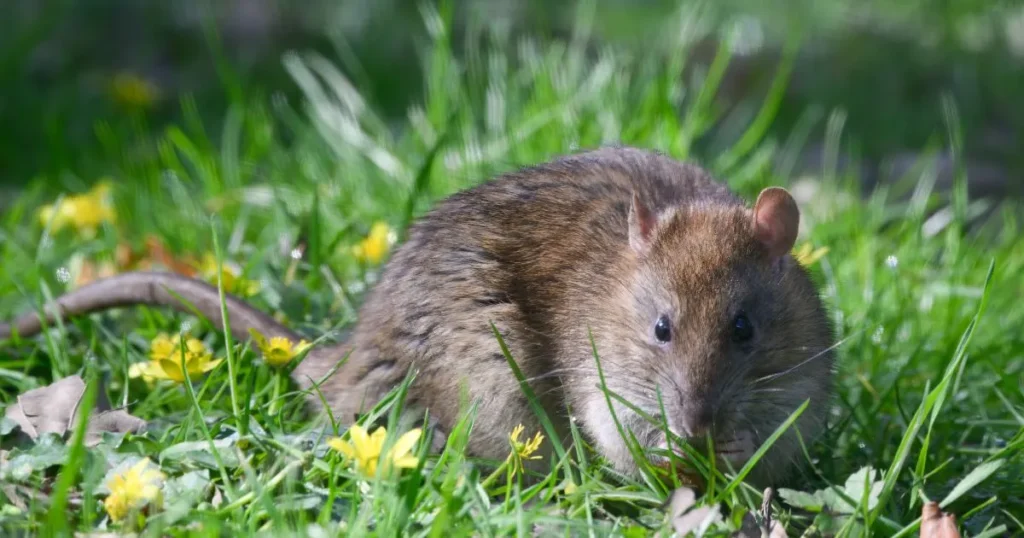
Identifying ground squirrels early can prevent extensive damage. Here are some telltale signs:
- Burrow Openings: These are circular holes, roughly four inches wide, often surrounded by mounds of displaced soil.
- Gnawed Plants and Crops: Damage to trees, shrubs, and garden plants is a clear indicator.
- Visible Activity: Spotting ground squirrels near burrows or in open areas during the day is common in active infestations.
- Structural Damage: Weakening of soil around foundations, patios, or irrigation lines due to tunneling.
These signs warrant immediate action to avoid further complications.
How to Get Rid of Ground Squirrels
Ground squirrel control requires a combination of strategies tailored to the severity of the infestation and the local environment. Below are the most effective methods:
1. Habitat Modification
Ground squirrels thrive in cluttered and food-rich environments. To deter them:
- Remove potential food sources such as fallen fruits, nuts, and birdseed.
- Clear debris and trim dense vegetation near the ground.
- Install fences with an underground barrier at least one foot deep to prevent burrowing.
Habitat modification not only deters squirrels but also discourages other pests from invading.
2. Trapping and Relocation
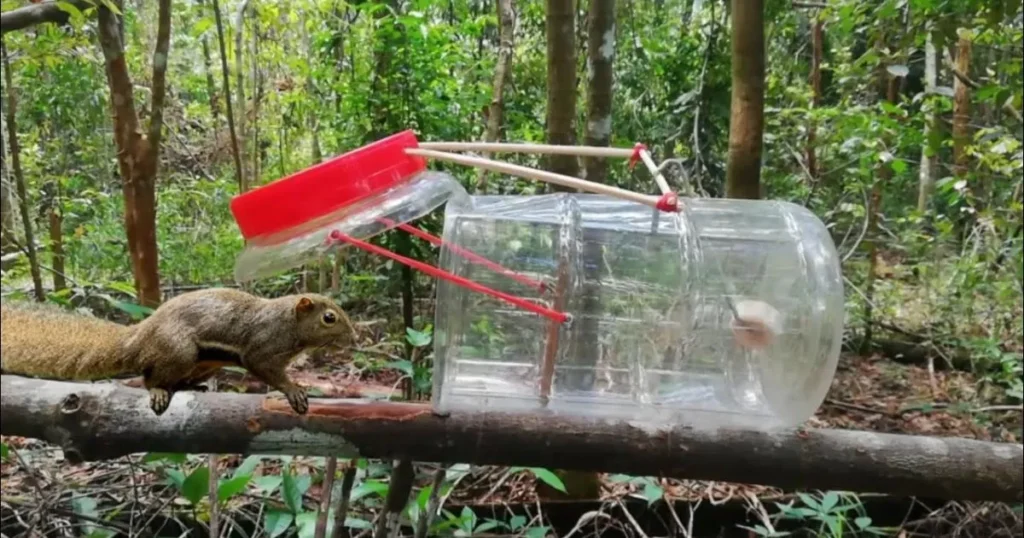
Live trapping is a humane way to reduce squirrel populations. Here’s how to do it effectively:
- Use cage traps baited with peanut butter, sunflower seeds, or nuts.
- Place traps near burrow entrances or active feeding areas.
- Check traps frequently and relocate captured squirrels to a distant, safe location.
Ensure compliance with local wildlife regulations, as trapping and relocation may require permits in some areas.
3. Chemical Control
Chemical control methods, while effective, require careful application to avoid unintended consequences. Options include:
- Fumigants: These are gases released into burrows to suffocate squirrels. They work best in moist soil conditions, which help contain the gas.
- Rodenticides: These chemical baits often contain anticoagulants that kill rodents by causing internal bleeding. Use them cautiously to prevent harm to pets and non-target wildlife.
Always follow product instructions and consider professional application for safety and efficacy.
4. Biological Control
Encouraging natural predators is an eco-friendly way to manage ground squirrel populations. Birds of prey, like hawks and owls, can significantly reduce their numbers.
- Install nesting boxes or perches to attract raptors.
- Avoid using chemical baits if you aim to foster natural predation.
Biological control is not a standalone solution but works well as part of an integrated pest management strategy.
Preventing Ground Squirrel Infestations
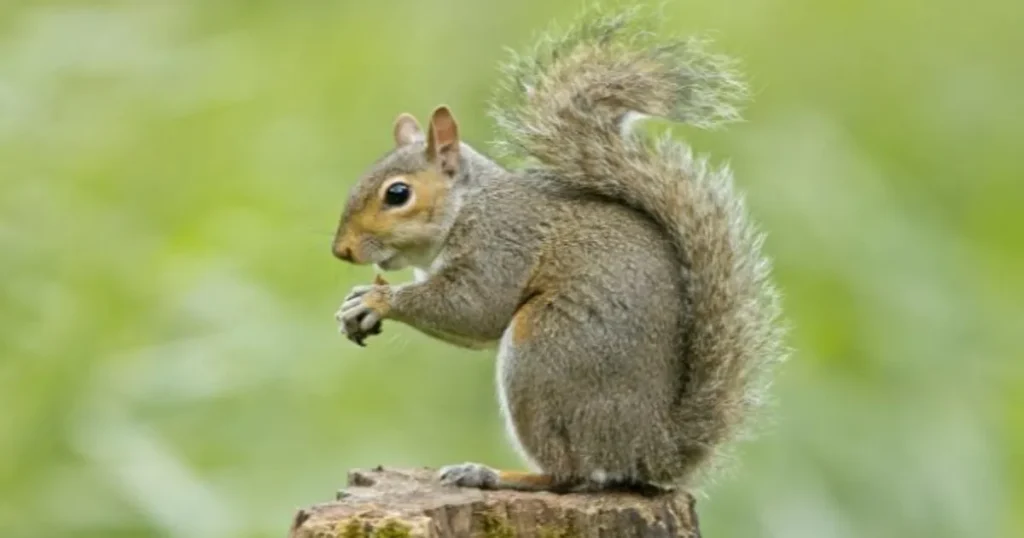
Prevention is key to long-term control. Implement these strategies to keep ground squirrels away:
- Exclusion Techniques: Install hardware cloth or underground screens around gardens and trees.
- Natural Repellents: Use homemade sprays with ingredients like castor oil, cayenne pepper, or garlic to deter squirrels.
- Sound Deterrents: Ultrasonic devices that emit high-frequency noise can disrupt squirrel activity without harming them.
Maintaining a clean and well-organized yard is one of the simplest yet most effective preventive measures.
Why Choose Professional Pest Control Services?
For severe infestations or large properties, professional pest control offers reliable solutions. Experts assess the extent of the problem and implement tailored strategies, including:
- Advanced trapping systems.
- Burrow fumigation with specialized equipment.
- Structural reinforcement to prevent future tunneling.
Professionals also ensure compliance with local wildlife laws, giving you peace of mind while addressing the issue effectively.
Conclusion
Ground squirrels are persistent pests, but with the right combination of strategies, you can reclaim your property and prevent future infestations. From habitat modification to biological control, each method offers unique benefits. For stubborn cases, professional pest control ensures comprehensive and lasting results. Take action today to protect your home, garden, and landscape from these burrowing nuisances.
Pros and Cons of Ground Squirrel Control Methods
| Method | Advantages | Disadvantages |
| Habitat Modification | Eco-friendly and preventive | Time-consuming |
| Trapping and Relocation | Humane and effective for small infestations | Requires frequent monitoring |
| Chemical Control | Highly effective for large infestations | Risk to pets and non-target species |
| Biological Control | Natural and sustainable | Slow impact |
| Professional Services | Comprehensive and legal | Higher cost |
FAQ’s
What attracts ground squirrels to residential areas?
Ground squirrels are attracted to food sources like seeds, fruits, and nuts. They also seek shelter in gardens, loose soil, or cluttered areas.
How can I protect my garden from ground squirrels?
Install underground barriers, use natural repellents, and maintain cleanliness. Ultrasonic devices can also help deter squirrels without chemicals.
Are there eco-friendly ways to control ground squirrels?
Yes, eco-friendly methods include habitat modification, biological controls like encouraging predators, and using natural repellents.
Can ground squirrels cause structural damage to buildings?
Yes, their burrowing can weaken soil around foundations, patios, and irrigation systems, leading to costly repairs.

James William is a passionate animal lover and expert in the Animals and Pets niche. With years of experience in pet care, wildlife studies, and blogging, James shares practical tips, heartwarming stories, and expert advice to help pet owners build stronger bonds with their furry, feathered, and scaly companions.
